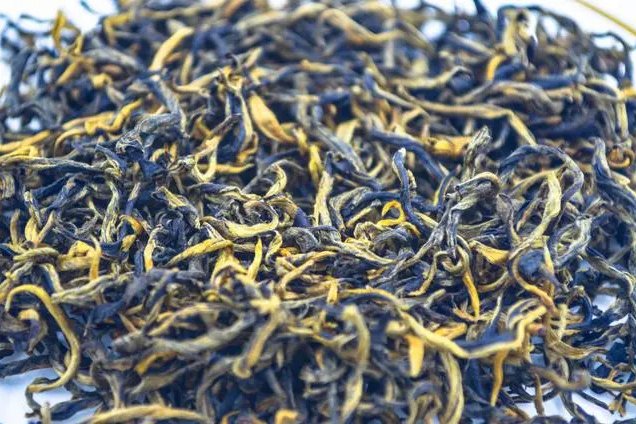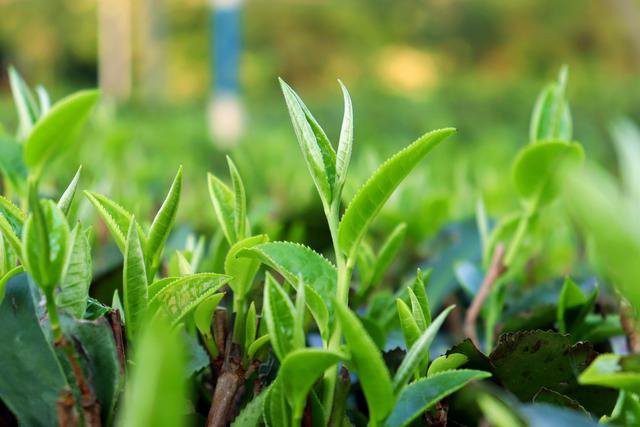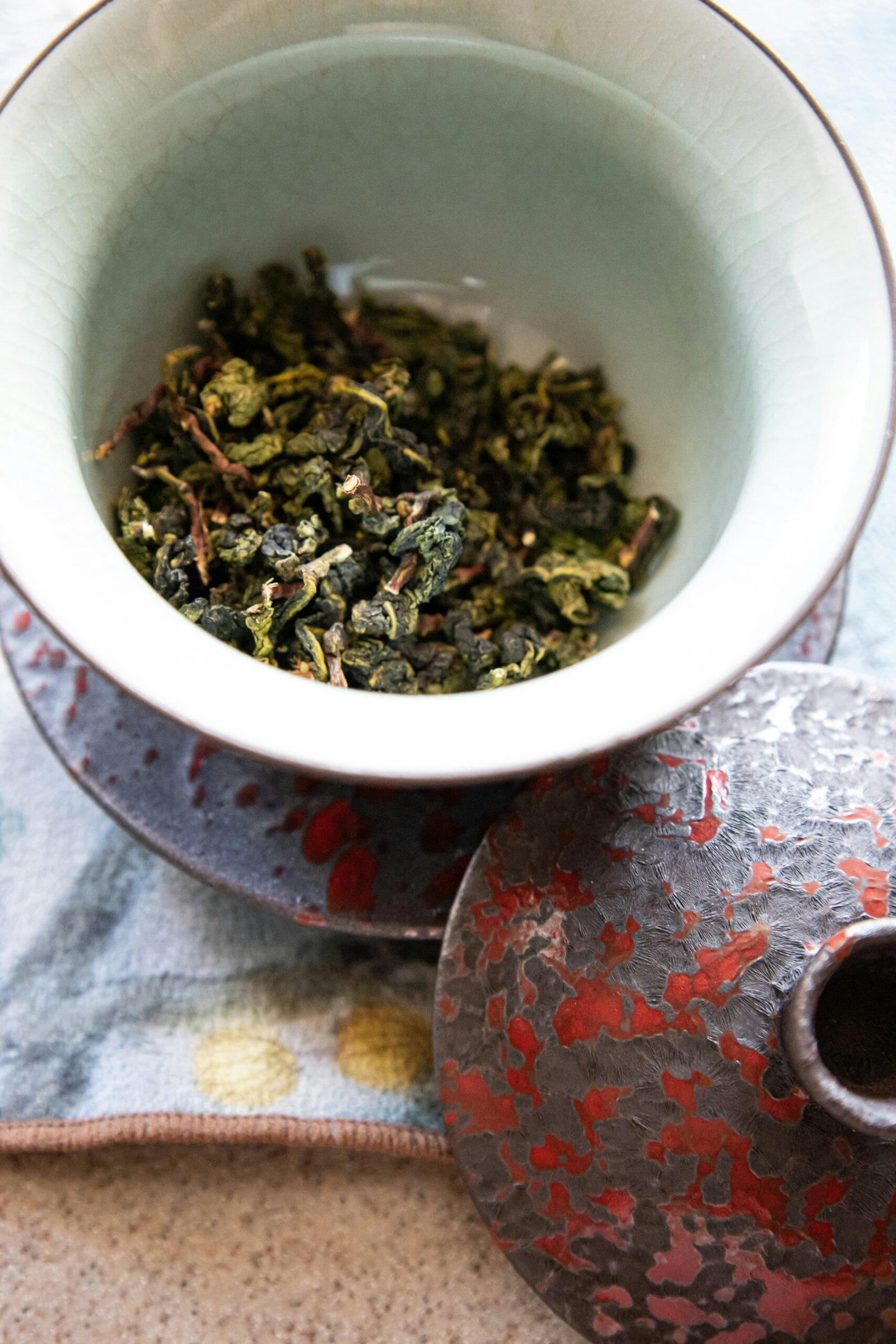Introduction to Guangdong Black Tea
When delving into the world of Chinese black teas, Guangdong black tea stands out for its rich history and distinctive flavor profile. Originating from the Guangdong province in southern China, this region is known for its diverse tea culture that has evolved over centuries. Guangdong province, with its warm and humid subtropical climate, abundant rainfall, and lush mountainous terrain, provides an ideal environment for tea cultivation. The unique geography and climate of the region contribute significantly to the high-quality production of black tea, particularly the famed Yingde black tea.
Guangdong black tea, especially Yingde black tea, enjoys a prestigious reputation not only within China but also globally. The origins of tea cultivation in Guangdong date back to the Tang Dynasty (618–907 AD), where tea drinking became an integral part of daily life and local ceremonies. Over the centuries, the methods of tea cultivation and production have been refined, preserving traditional techniques while incorporating modern enhancements to ensure the highest quality.
One of the most noteworthy black teas from Guangdong is Yingde black tea, produced in the Yingde region. This tea is celebrated for its deep, robust flavor and rich, amber-colored liquor. The traditional processing methods used in producing Yingde black tea involve several meticulous steps including withering, rolling, oxidation, and drying. Each step is carefully monitored to bring out the complex, nuanced flavors that define Guangdong black tea. The oxidation process, in particular, is critical as it enhances the tea’s aroma and develops its distinctive taste profile.
The unparalleled quality of Guangdong black teas can be attributed to both the natural environment and the skilled craftsmanship that goes into their production. These teas offer a sensory experience that reflects the historical and cultural depth of the Guangdong province. The combination of optimal growing conditions and time-honored production methods ensures that Guangdong black tea remains a celebrated and respected choice among tea enthusiasts worldwide.
What is Yingde Black Tea?
Yingde Black Tea, often hailed as a distinguished variety of Guangdong Black Tea, stands out for its remarkable characteristics and rich history. Originating from Yingde, a city nestled in the Guangdong province of China, this tea benefits from the region’s unique natural conditions, including its fertile soil, subtropical climate, and abundant rainfall. These factors collectively contribute to the distinctive attributes of Yingde Black Tea.
The taste profile of Yingde Black Tea is one of its most celebrated features. It offers a smooth, robust flavor with a hint of malt and subtle sweet undertones that set it apart from other Chinese black teas. Connoisseurs often describe its flavor as a harmonious balance of depth and softness, making it a delightful choice for both seasoned tea drinkers and novices alike.
Aroma and appearance are equally noteworthy. The tea leaves possess a rich, alluring scent that is floral and slightly fruity, evoking the lush landscape from which the tea hails. When brewed, the tea yields a deep amber hue, visually appealing and indicative of its potent, full-bodied essence. Unlike some other black teas, Yingde Black Tea retains a clarity in its liquor, further emphasizing its high quality.
When compared to other types of Chinese black teas, such as Keemun and Lapsang Souchong, Yingde Black Tea offers a unique experience. While Keemun is known for its wine-like flavor and Lapsang Souchong for its distinct smoky taste, Yingde Black Tea strikes a balance, combining a moderate strength with a palatable sweetness and negligible astringency.
Traditional processing methods play a crucial role in defining the quality of Yingde Black Tea. The leaves undergo meticulous hand-picking, withering, rolling, and fermenting processes, all of which are conducted with an adherence to age-old practices. These techniques, honed over generations, ensure that each batch preserves the tea’s inherent qualities.
Historically, Yingde Black Tea has not only been a staple in local tea culture but also an essential export, contributing to China’s rich tea heritage. Its reputation for excellence gained international recognition during the mid-20th century, and it continues to be celebrated worldwide for its unmatched flavor and storied legacy.
Health Benefits and Uses of Yingde Black Tea
Yingde Black Tea, a variant of Guangdong Black Tea, is revered not only for its rich flavor but also for its numerous health benefits. One of the standout features of this Chinese Black Tea is its high antioxidant content. Antioxidants, such as polyphenols found in Yingde Black Tea, play a crucial role in reducing oxidative stress in the body, thereby helping to prevent chronic diseases and support overall health. Regular consumption of Yingde Black Tea has been linked to improved heart health, thanks to its potential to lower blood pressure and improve cholesterol levels.
Another notable benefit is its positive effect on digestion. The natural compounds in Yingde Black Tea can enhance digestive health by promoting the growth of beneficial gut bacteria. This, in turn, can aid in nutrient absorption and help alleviate digestive issues such as bloating and indigestion. Moreover, the anti-inflammatory properties of Yingde Black Tea make it a soothing choice for individuals dealing with gastrointestinal discomfort.
Yingde Black Tea also offers a moderate caffeine content, which can provide a gentle energy boost without the jitters commonly associated with higher caffeine drinks. This makes it an excellent alternative to coffee for those looking to reduce their caffeine intake while still enjoying an energizing beverage.
Incorporating Yingde Black Tea into your daily routine is simple and can be done in various ways. Traditionally enjoyed as a hot beverage, it can also be served over ice for a refreshing iced tea, perfect for warmer months. Additionally, Yingde Black Tea’s bold flavor makes it an intriguing ingredient in culinary recipes. For instance, it can be used as a base for marinades or infused into broths and sauces, adding a unique depth to dishes.
When comparing the benefits of Guangdong Black Tea to other popular teas, Yingde Black Tea consistently stands out for its unique combination of flavor and health benefits. Whether enjoyed as a daily drink or utilized in cooking, this distinguished Chinese Black Tea continues to be a versatile and healthful choice for tea enthusiasts around the world.
How to Select and Brew the Perfect Cup of Yingde Black Tea
Selection is the first crucial step towards enjoying an exceptional cup of Yingde Black Tea, one of the celebrated varieties of Guangdong black tea. When choosing high-quality leaves, pay close attention to several key attributes. The leaves should exhibit a consistent, deep black color, with a slight sheen indicating their freshness. Be sure to check the aroma as well; high-quality leaves will exude a rich, malty fragrance with subtle hints of chocolate or floral notes. Leaf integrity is also important—opt for whole, tightly rolled leaves rather than broken pieces, as this is a marker of proper handling and preservation.
Once you have your premium Chinese black tea, the brewing process becomes the next focal point. Begin by using fresh, filtered water. The ideal water temperature for brewing Yingde Black Tea is around 90°C to 95°C (194°F to 203°F). Boiling water can scorch the leaves, while cooler water may not fully extract their complex flavors.
The recommended amount of tea leaves is typically one teaspoon (about 2 grams) per 8-ounce cup. For a more intense flavor, you may adjust this based on personal preference. Place the leaves in your teapot or infuser, and pour the hot water over them. Steeping time is critical; for Yingde Black Tea, a range of 3 to 5 minutes is generally suitable. A shorter steep time yields a lighter taste, while a longer steep enhances the tea’s boldness and depth. Be cautious not to over-steep, as this can result in bitterness.
Traditional Chinese methods emphasize a mindful and ritualistic approach to brewing. Using a gaiwan— a lidded bowl without a handle— allows for controlled pouring and multiple short steeps, highlighting different flavor notes with each brew. After your tea is ready, consider pairing it with light snacks such as buttery biscuits or mild cheeses to complement and elevate your drinking experience.
Understanding these nuances of selection and brewing will undoubtedly enhance your appreciation and enjoyment of Yingde Black Tea, allowing you to savor each cup’s intricate flavors and aromas.













